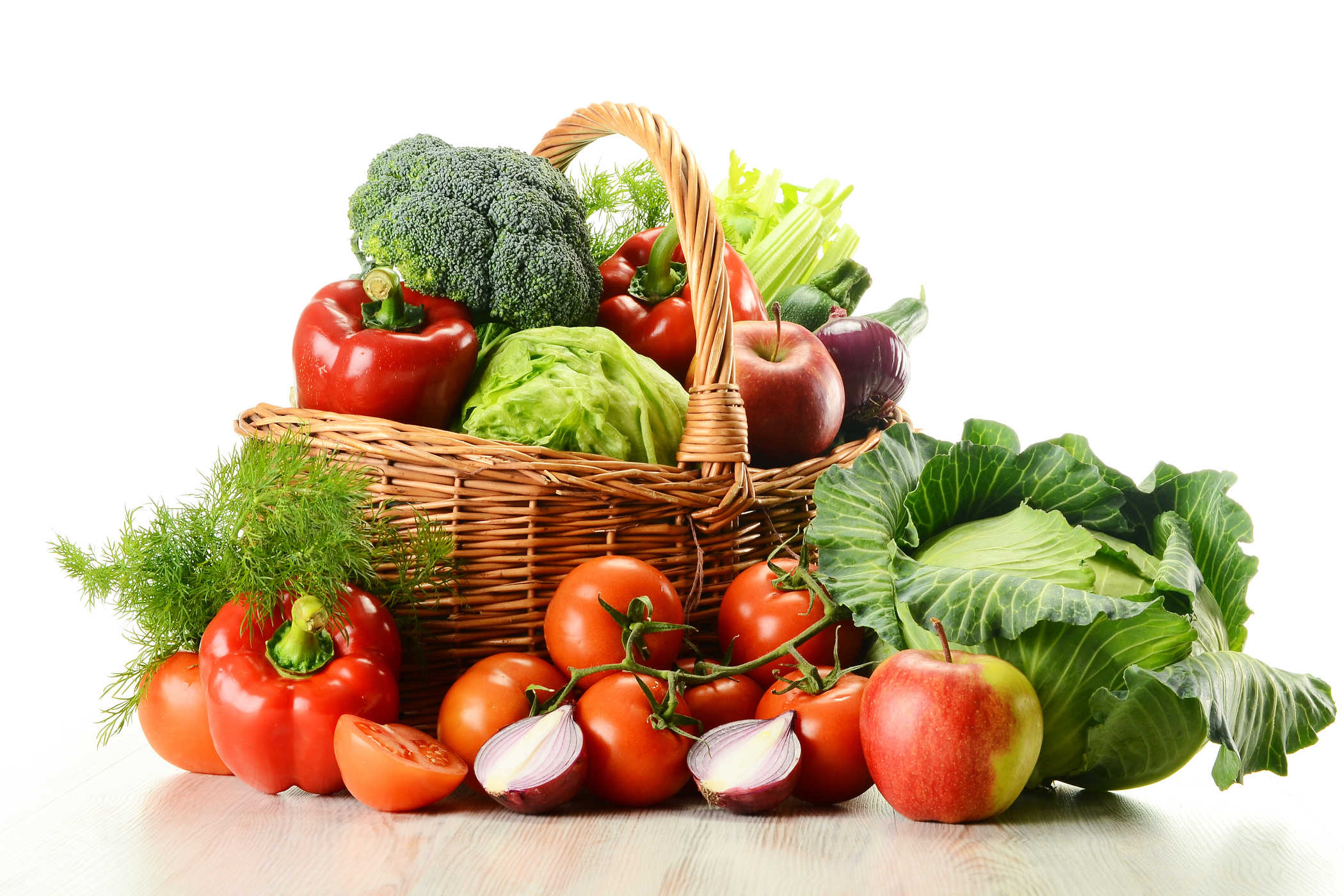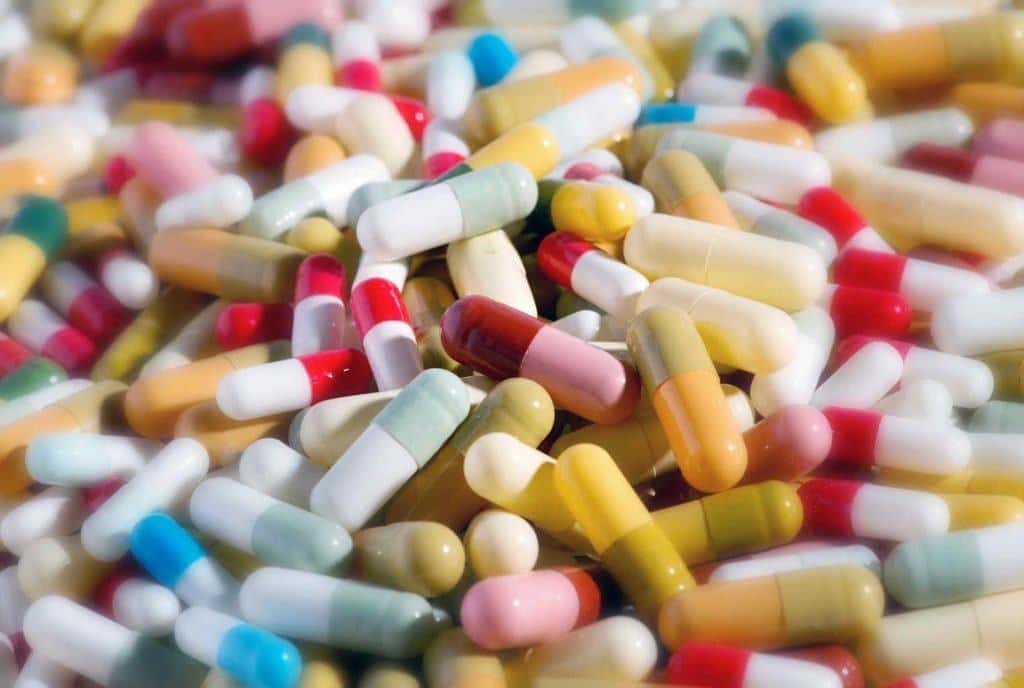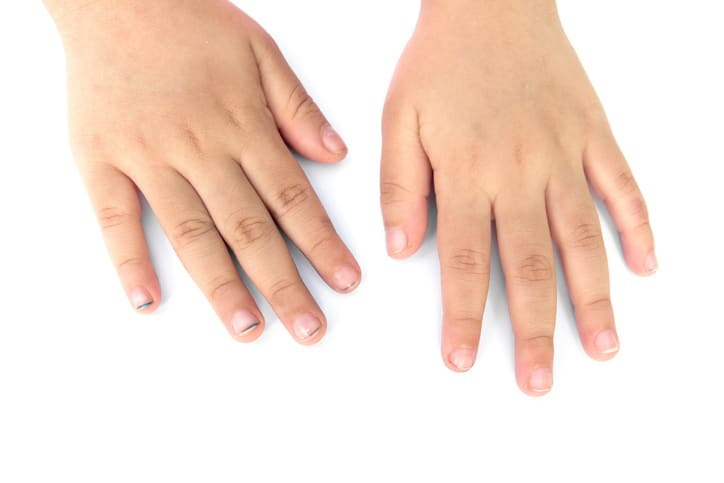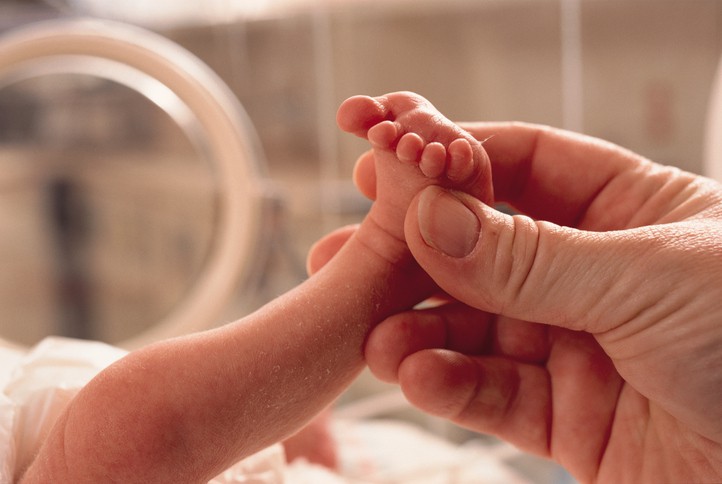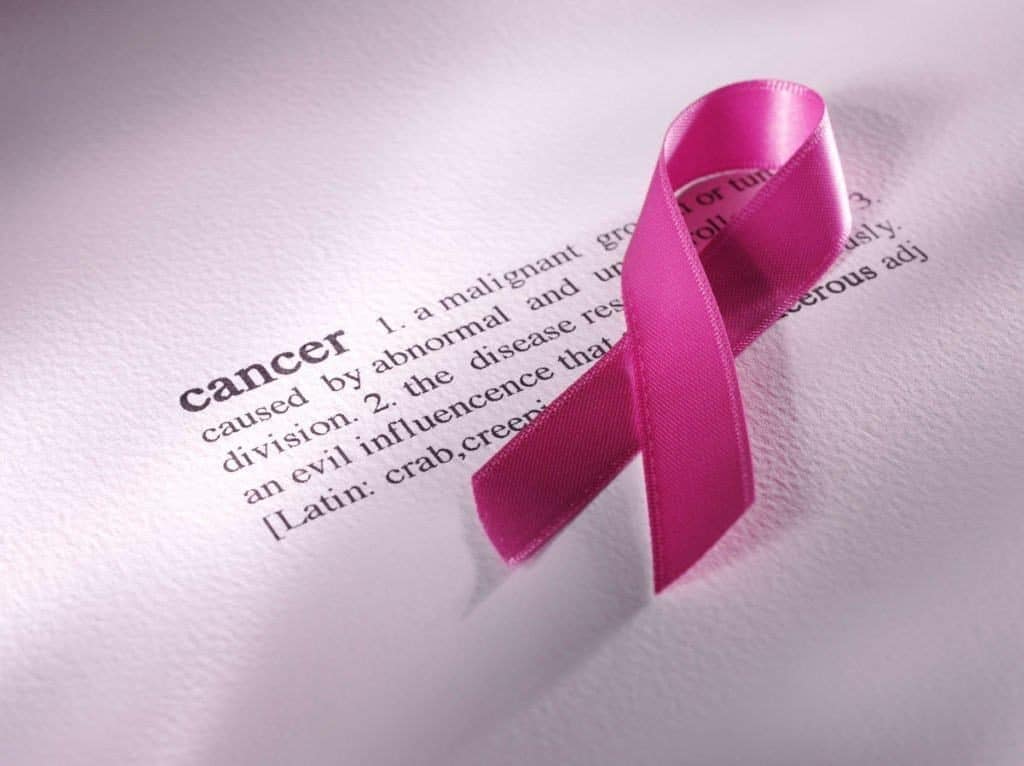Contents:
- Medical Video: 😱 10 Foods Made in China You Must Avoid (Filled with Plastic and Cancer Causing Chemicals)
- What nutrients must be met by children with cancer?
- Protein
- Carbohydrate
- Grains
- Fiber
- Fat
- Water
- Vitamins and minerals
Medical Video: 😱 10 Foods Made in China You Must Avoid (Filled with Plastic and Cancer Causing Chemicals)
Nutrition is an important part of the health of all children, but it is especially important for children who are undergoing cancer treatment to be able to fulfill the nutrition they need. Eating the right foods before, during, and after treatment can help children feel better and stay strong. Here are some recommended tips for you to overcome the side effects of medication that might affect your child's appetite.
Not all children experience nutritional-related side effects, but this recommendation will help you pay attention to it if and when this happens. Children with cancer need protein, carbohydrates, fats, water, vitamins and minerals. Your doctor can help you know exactly your child's specific needs and manage his meal plan. Your child's basic nutritional status, diagnosis, treatment plan, age, level of activity, and medications currently used are all considered to make the appropriate diet.
What nutrients must be met by children with cancer?
Protein
The body uses protein for growth and development. Protein is also important to support the growth of the skin, blood cells, the immune system, and the digestive tract of children. The body of children with cancer who do not get enough protein can break down muscles to meet their needs. This makes the time needed to recover from the disease become longer and can reduce the child's body resistance to infection. After the child has surgery, chemo, or radiation treatment, he needs extra protein to heal the tissue and prevent infection.
Protein is also the key to children's growth and development. After surgery, children's protein needs also increase. Work with child oncologists to find out their specific needs for now.
A good source of protein-rich foods including fish, poultry, dairy products, nuts and peanut butter, dried rice and lentils, and soy foods.
Carbohydrate
Carbohydrates are the body's main source of energy. Carbohydrates give the body the fuel (calories) needed for proper physical activity and organ function. How many calories a child needs depends on his age, size, and level of physical activity. Healthy babies and children need more calories per kg of body weight than adults to support their growth and development. Children who are undergoing cancer treatment may need more calories for tissue recovery and increased energy. A child who receives cancer treatment may need around 20% to 90% more calories than a child who does not receive cancer treatment. This can vary from one child to another, and some children experience unexpected weight gain problems during treatment.
The best sources of carbohydrates, such as fruits, vegetables and whole grains, provide vitamins and minerals, as well as phytonutrients (key nutrients from plants) that are needed by the body's cells.
Grains
Whole grains or foods made from them contain all the necessary parts and nutrients from the whole grain. Grains are found in cereals, bread, flour, and oatmeal cookies. Some grains can be considered as side dishes or part of the dish. When buying grain products, look for the words "whole grain," "stone ground," "whole ground," "whole-wheat flour," "whole-oat flour," or "whole-rye flour."
Fiber
Fiber is part of plant foods which, in large part, cannot be digested by the body. There are 2 types of fiber. Insoluble fiber takes up space in the large intestine and speeds up the passage of food left out of the body Soluble fiber binds water in the stool to make it soft while slowing down digestion. Can be fermented so that it is partially absorbed.
Other sources of carbohydrates include bread, potatoes, rice, spaghetti, pasta, cereal, dried beans, corn, peas, and nuts, for example. These carbohydrate foods also contain vitamin B and fiber. Sweet foods (desserts, sweets, and sugary drinks) provide carbohydrates but very few other nutrients for your child.
Fat
Fat plays an important role in fulfilling nutrition. Fats and oils are made from fatty acids and function as a substance rich in energy (calories) for the body. The body breaks down fat and uses it to store energy, protect body tissues, and carry certain types of vitamins through the blood.
You probably already know that some fats are better than others. For the most part, unsaturated fats (single and double) must be used more often than saturated fat or trans fat.
- Monounsaturated fats found mainly in vegetable oils such as olive oil, canola, and peanut oil. This fat is liquid at room temperature.
- Polyunsaturated fats found mainly in vegetable oils such as safflower oil, sunflower, corn, and hemp oil. This fat is also the main fat found in seafood and liquid or soft at room temperature.
- Saturated fat (or saturated fatty acids) found mainly in animal sources, such as meat and poultry, whole-milk milk or low-fat milk, cheese, and butter. Some vegetable oils include saturated oils, such as coconut oil, palm kernel, and palm oil. Saturated fats are usually solid at room temperature.
- Trans fatty acids formed when vegetable oil is converted into margarine or butter. Sources of trans fats include snacks and grill foods made with partially hydrogenated vegetable oil or vegetable butter. Trans fat is also found naturally in animal products, such as dairy products.
Water
Water and fluids are important for health. All body cells need water to develop. If your child doesn't get enough fluids or loses fluid from vomiting or diarrhea, he can become dehydrated (his body doesn't have as much fluid as needed). If this happens, fluids and minerals that help maintain the body's work can be dangerous and unbalanced.
Children get some water from food, especially fruits and vegetables, but they need fluids to ensure that all cells in the body get the liquid they need. How much fluid a child needs depends on his size and how much fluid he loses. Extra fluid may be needed if he is vomiting or has diarrhea. Consult a nutritionist, doctor, or nurse regarding your child's fluid needs. Remember that all fluids (soups, milk, even ice cream, and gelatin) fall into your child's fluid target count.
You can see if your child is dehydrated by lightly pinching the skin over the breastbone. If the skin does not return to normal and remains elevated, your child may be dehydrated. Other symptoms that can occur include dry mouth, dark urine, lethargy, and dizziness. If you suspect your child is dehydrated, contact your doctor immediately.
Vitamins and minerals
The body needs small amounts of vitamins and minerals for normal growth and development, and to help it function properly. Vitamins and minerals also help the body to use energy taken from food.
Children who eat a balanced diet usually get lots of vitamins and minerals. But studies have reported that even healthy children don't get enough calcium and vitamin D, which is especially important for bone growth. Some drugs used to treat cancer can also reduce calcium and vitamin D levels, so extra amounts may be needed.
It may be difficult for children who are undergoing cancer treatment to eat a balanced diet. Common side effects of treatment, such as nausea, vomiting, and canker sores, can make eating difficult. If your child has a eating problem, ask for help from a doctor, nurse, or nutritionist.
Your doctor may suggest a daily multivitamin while your child is being treated. However, multivitamins cannot replace eating enough calories and protein. Always tell your doctor before you give vitamins, minerals, or any type of supplement for your child, because some can interfere with cancer treatment.
This information is not intended to replace professional medical advice. If you have questions or concerns about a child's nutritional needs, consult a doctor or nutritionist. If you have questions about something in this guide, your child cancer nurse team can provide a more detailed explanation.

